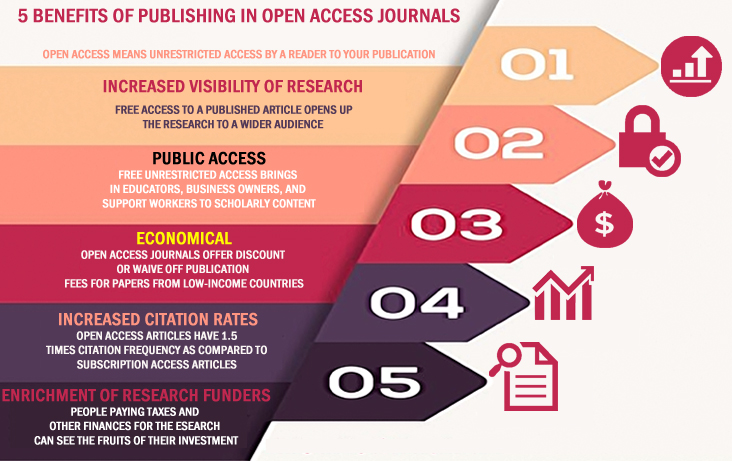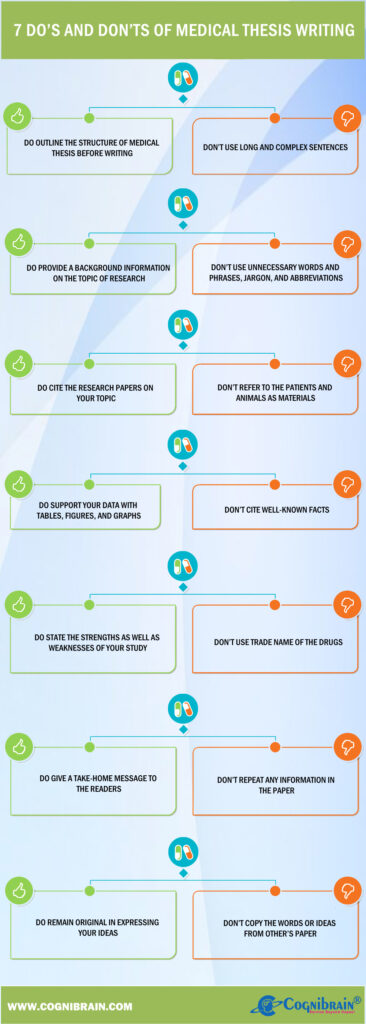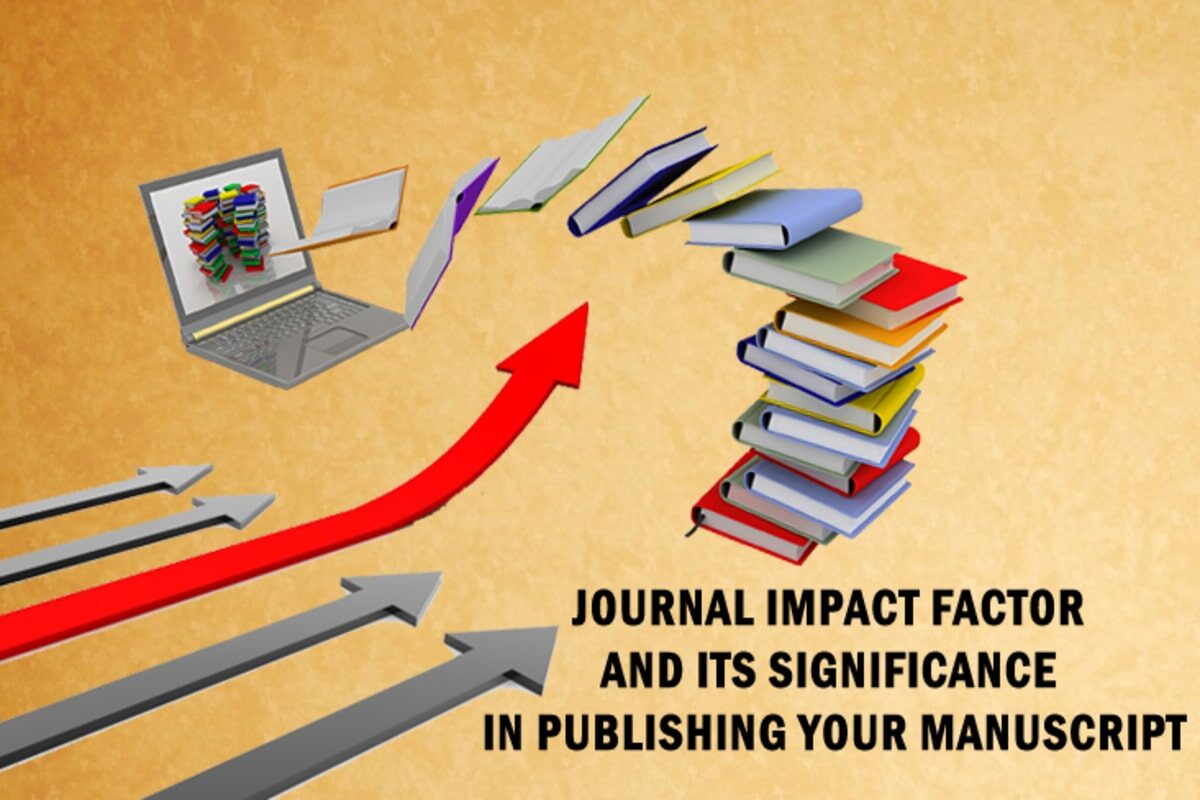Many authors, especially those who are good at writing often ask, “What is wrong with my scientific writing?” In other words, they intend to ask “Why should I proofread my paper?”
That means they are still not convinced over the significance of proofreading their medical paper. For them, medical proofreading is for the novice authors who make many mistakes while writing their research papers.
This is obvious to them because they are good writers and see no flaws in their writing. However, whether novice or experienced, authors often write sentences with missing articles (a, an, the) or use long sentences in their document. Though these are not mistakes by themselves but may cause the journal editor to misunderstand your document, get frustrated, and reject it.
Also, the word counts are very important to the publication process. So, if you proofread your paper, you can eliminate many “speed bumps” of the English language, simplify your document and present your best.
Here is the four-step process to proofread your paper effectively:
1) First step
Spell check – it is a quick and thorough read on your paper to detect and correct any spelling mistakes, any missing article, delete extra spaces or add where there are no space between words, correct punctuation mistakes, etc.
2) Second step
- Check whether you have followed the desired word limit recommended by your target journal. Reduce the word count wherever possible. Replace long phrases with a single word. Split the long sentences into shorter sentences. For example, “On the other hand…” can be replaced with a single word, “however”.
- Ensure you have defined all the abbreviations and acronyms used in the paper. Remove all the unnecessary abbreviations.
- Verify all the figures and tables, their titles, and references
- Check for the words used whether they can be replaced by a better synonym. For example, you can replace the word “amount” by “number” to convey the meaning of the text in a better way.
- Check the tense of each sentence in the document whether it’s consistent
3) Third step
Read the document word-by-word and check the flow of the information whether it’s in a logical order.
4) Fourth step
Verify that all the references are present and all the presented facts are accurate. Remove any false data you may have written by mistake.
Therefore, mistakes while writing can slip through even you are good at writing. Devote as much time to proofread your medical paper as you devoted to write it. Your aim should be to reduce all those things in the paper which might cause the reviewer to misunderstand or ignore your document. Don’t let your relevant and important research study get lost on account of these amendable “speed bumps.”
For accurate and faster medical proofreading services, Ping us!
Wish you a good luck!







